Heroes just aren’t what they used to be. In today’s more uncertain and cynical media, what used to be just trends are becoming a genre. A genre in which superheroes are mocked, villainized, or disposed of for shock value.
Years ago, when I was a young and impressionable comic book fan, I watched a movie. That movie was titled Watchmen. While I enjoyed both the movie and its source material as a clever piece of fiction that played with superhero tropes, I hadn’t quite considered the unfortunate trend that the original story set.
Across different forms of media, whether visual or written, the concept of clear-cut, old-fashioned heroics is being slowly chipped away at. Anti-heroes or villainous leads enjoy just as much popularity as their heroic counterparts, if not more. Meanwhile, heroes today exist largely to be torn down.
Now, the concept of more complex and nuanced storytelling isn’t itself a bad thing. Many classic works of fiction featured leads who were either conflicted, morally ambiguous, or downright despicable. But many stories that seek to replace traditional heroic media lack any of those classics’ nuance or depth. Cynicism, shock factor storytelling, and mean-spiritedness drive them.
So, let’s examine a brief history of this unpleasant genre, its progression, and what can be learned from it.
False Heroes
Going back in time, we first visit stories which deconstructed superheroics and questioned whether such a thing could even work.
Watchmen
We begin with Alan Moore’s acclaimed graphic novel, Watchmen.
Written amidst the backdrop of the Cold War, and something of a dip in classic superhero literature, Watchmen was a dark and brutally frank deconstruction of the superhero genre. The tale depicted an alternate history shaped by the existence of costumed heroes, culminating in a 1985 in which nuclear apocalypse was a near certainty.
Although they resembled classic heroes at first glance, Watchmen‘s resident team was, to put it simply, a mess. A motley crew of broken people who ranged from depressed at best to psychotic at worst. Even those with noble intentions were often weighed down by the stresses of their career or the world around them.
For example, Doctor Manhattan, one of the most iconic characters in the story, could be compared to the iconic Superman of DC Comics. And the comparison wouldn’t end well.
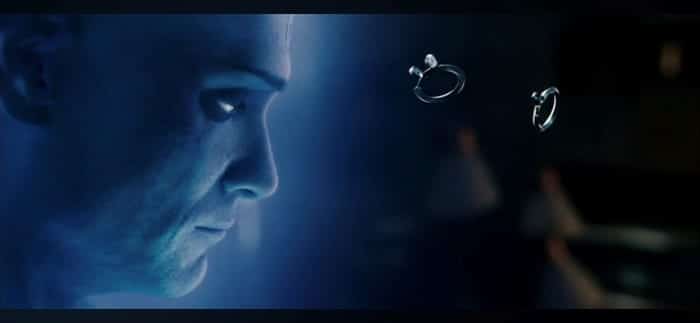
Moore depicted Doctor Manhattan, formerly known as scientist Jon Osterman, as an aloof demigod, one who eventually grew tired of life on Earth altogether. Needless to say, a far cry from the kind and selfless Superman.
And yet, for all their failings, most of the superheroes of Watchmen were in many cases sympathetic. They were nuanced and painfully human. Even Doctor Manhattan had the odd moment of clarity, affection, and sorrow for the tragedies around him.
Moore’s dissection of heroism felt less like a condemnation of the medium altogether, but rather an honest statement on how difficult and painful such a life would be.
Moreover, Watchmen‘s heroes are far more sympathetic than those of another comic that followed in its footsteps.
The Boys
Decades later, in 2006, Garth Ennis’s The Boys debuted. Much like Moore’s iconic work, it depicted a dark and violent world in which superheroes weren’t paragons of virtue.
However, Ennis’s views on heroes proved even dimmer than Moore’s. The “heroes” of his world, in particular the Seven, were lab-produced corporate mascots who more often than not embodied the worst of humanity. They were perverted, violent, selfish killers in service to the whims of the seemingly all-powerful Vought corporation.
Even to a first-time reader of Ennis’s work, it wasn’t hard to glean his utter contempt for the classic superhero genre. Even Billy Butcher, leader of anti-superhero vigilantes the Boys, was a cruel and psychopathic thug. At times, he rather felt like Ennis’s self-insert as he waged a bloody war against the “supes” Ennis hated so much.
By the end, a reader might put down the book and feel nothing but discouragement, even disgust. The Boys‘s attempts at a takedown of superhero fiction via biting satire feel unearned, as much of that satire amounts to little more than gratuitous violence and mean-spirited hot takes.
Unlike Watchmen, which had something to say about the nature of power and of human nature among the superhuman, The Boys had little to offer but a nihilistic spiel on how anyone with power will inevitably turn into a monster. True heroes, according to Ennis, just don’t exist at all.
Tearing Heroes Down
Sadly, even in more traditional superhero tales, heroes aren’t exactly safe. Darker, more gruesome “what if” stories that subject heroes to gruesome, mean-spirited ends have abounded over the past couple of decades.
Two, in particular, stand out amongst the two titans of comics, Marvel and DC.
Old Man Logan
Mark Millar’s Old Man Logan told the story of a grizzled, scarred, and wholly retired Wolverine living amidst the backdrop of a dystopian world. The very premise of the story was quite bleak, nightmarish even, as the resident villains of the Marvel Universe joined forces and overthrew the world, or at least the territory of the United States.
Most of Earth’s superheroes, icons like the Avengers or Spider-Man, were dead. Others, like the Hulk, had become deranged villains on their own. And Logan, the title hero, lived in shame after he was mindwiped into massacring every one of his fellow X-Men.
Every last one.
Even at a cursory glance, Old Man Logan was a story aimed at being as dark, as tragic, and as brutal as possible. That comes with some serious problems, because not only was the tone relentlessly grim, but much of the story also depended on some serious suspension of disbelief.
For example, we the readers were supposed to believe that all of Marvel’s villains, however villainous or sympathetic, would rally to the Red Skull, an infamous Nazi war criminal, who is usually depicted as being a pariah even among criminals. Even Magneto, a Holocaust survivor, seemingly has no trouble working with him in the world of Old Man Logan.
In the end, Millar needed to tell a story in which the heroes completely and utterly lost. So he did, regardless of how little sense it made.
Logan (2017)
To Millar’s credit, the comic was successful at the time, even inspiring Fox’s finale to Hugh Jackman’s tenure as Wolverine in 2017’s Logan.
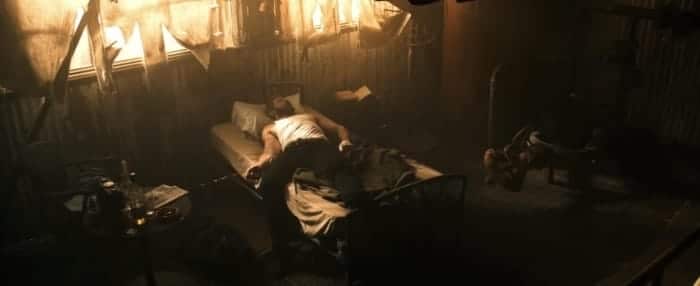
To the film’s credit, Logan was an adaptation that in many ways improved on its source material, if only because I could enjoy some semblance of hope and tenderness that wasn’t totally destroyed by the end.
Though its troubling roots remain, the film managed to do something productive with what it had.
Suicide Squad: Kill the Justice League
Such hope is almost nowhere to be found in the second exhibit in this “kill all heroes” collection.
Rocksteady’s Suicide Squad: Kill the Justice League.
Following up on the game studio’s acclaimed Batman: Arkham franchise, gamers were excited to see what this DC Comics-based gaming universe could do next. Superman? Wonder Woman? Maybe the whole Justice League?
Then, this year, we got our answer. A live-service shooter in which players are put in the shoes of the Suicide Squad, a raucous and crass group of criminals who are assigned to kill the League, all of whom have been brainwashed into murderous villains.
Yes, indeed. Rocksteady, as well as their supervisors at Warner Bros., decided what superhero games really needed wasn’t another chance to live through our childhood heroes but to brutally slaughter them instead. Now, in the year 2024, after decades of seeing heroes be deconstructed or pushed aside, fans are being asked to fork over our money so we can pull the trigger ourselves.
A business model that isn’t quite working out. After all the previous cases I outlined, fans are apparently quite tired of watching heroes get dragged through the mud.
This entire genre I’ve recounted has reached its natural endpoint, and in the words of one Filthy Frank:
“IT’S TIME TO STOP.”
How to Save Our Heroes?
Now, what can be gleaned from all of this? If there’s anything the “deconstruct and destroy our heroes” genre can offer, what is it?
Superheroes still have a place in popular culture today. While superhero fatigue can be observed amongst certain recent films, works that come from a place of passion like Across the Spider-Verse and Guardians of the Galaxy Vol. 3 prove the interest is still there. So, what to do?
For starters, both creators and consumers should look to the trendsetter that was Watchmen and try to take the right lessons from it, all the while ignoring the mistakes of its followers.
Look for stories that have something to say. Encourage the demand for comics, films, or games that inspire or motivate, while still adding something new.
There are a couple of examples that come to mind.
inFAMOUS
The inFAMOUS franchise, developed by Sucker Punch Productions, is an intense superhero series placing the choice of good or evil in the hands of the players.
As exciting as it can be to blast lightning at everything in sight, the real emotional satisfaction of the series, 2 in particular, came from embracing the choice to help others and do good for good’s sake.
Few objected to the “Good Karma” routes of each game being treated as the canon routes. Not only because it could pave the way for sequels, but because it just felt right.
The Boys (2019)
Now, this might come as a surprise given my rather scathing words on the original comic, but much like Logan, Amazon Prime’s adaptation of The Boys improves on its source material in almost every way. Not only does its social commentary on both superheroes and corporate America actually land, but it balances out its biting cynicism with just enough idealism and sincerity to tell a complete story.
Even Billy Butcher, the selfish and violent antihero, becomes more of a character and less of a vulgar mouthpiece for the writers. And more than once, his pessimistic viewpoint is challenged by the good of those around him. Super or otherwise.
The Boys‘s success spawned a spin-off series this past year, and a third season is arriving later this year.
As we move forward, the only way the superhero genre can survive is to embrace its idealistic roots while still nurturing creativity.
Deconstruction has its place in the medium, but it can’t become the medium altogether.


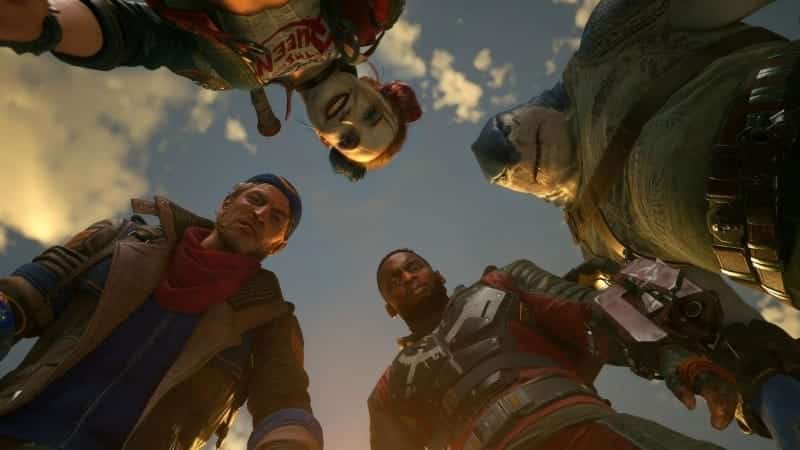




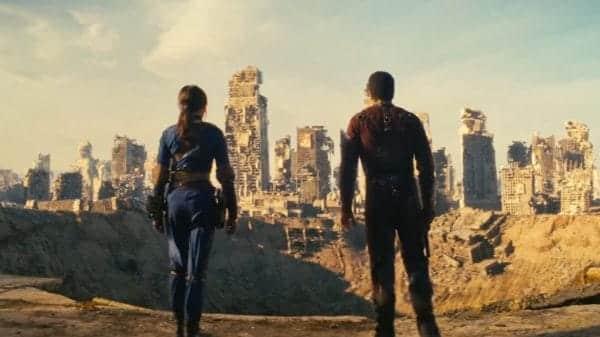
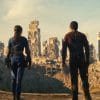
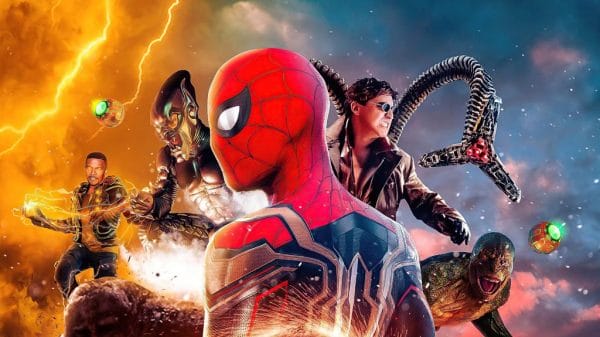

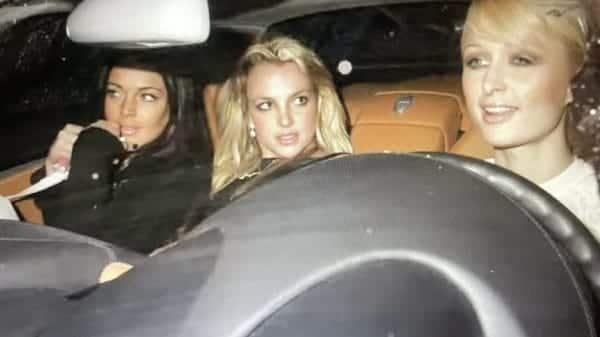

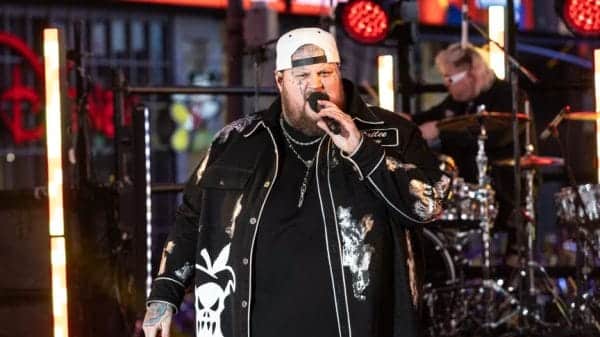

Beck
February 29, 2024 at 7:55 pm
Amazing breakdown of the current state of superheroes.